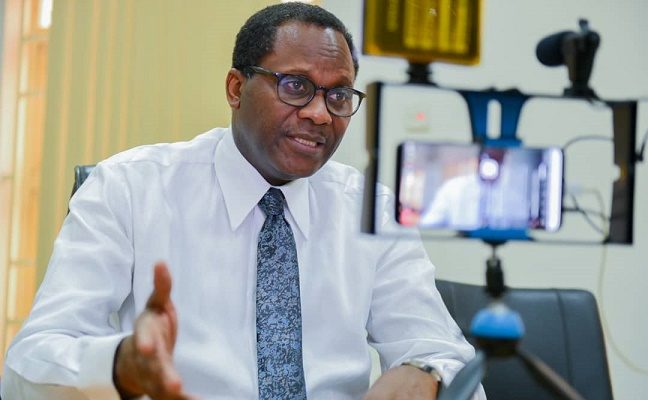FrontFoot Media Initiative, a non-profit civil society organization, has trained journalists drawn from the print, broadcast and online media platforms on Audit Reporting in Benin City, the Edo State capital, on October 5 and 6, 2022. The training workshop brought together journalists from Edo and Delta states.
The workshop charged journalists to prioritise audit reporting, as a tool to promote accountability in governance noting that audit reports by the Auditors-General in the 36 states of the federation is critical to ensuring the accountability of public officers in the control and management of public funds.
Participants called for coordinated synergy between media practitioners and auditors in order to entrench accountability and transparency in the expenditure of public funds by the executives of the three tiers of government.
The workshop, according to Mr Chido Nwakanma, Training Coordinator, FrontFoot Media Initiative, aimed to journalists to mine state government audit reports for stories that will boost transparency and accountability in Nigeria.
Resource persons at the workshop comprised of media and financial experts including Sully Abu, Chido Nwakanma, Emeka Izeze, Sonala Olumhense, Chief Chukwuemeka Joe-Nsika and Godswill Omenogor. They called for synergy between the two professions, saying this will ensure that those in government audit their financial accounts when due at the end of every fiscal year and also make the same available for the media for the purpose of reporting.
In his opening remarks, former Managing Director and Editor of New Age Newspaper and the African Guardian, Sully Abu, charged participants to be courageous, ethical, and conscientious in unfolding the contents of audit reports.
Mr Eluem Emeka Izeze, former Managing Director of The Guardian newspapers, spoke on the various ways participants could generate vital information, seeking genuine creativity in reportage of subjects such as the audit reports of states.
In his presentation titled “Understanding Budgets and Public Sector Finance”, Chief Chukwuemeka Joe-Nsika, a fellow of the Institute of Management Consultants urged journalists and state auditors-general to always follow the dictates of the 1999 Nigerian Constitution to do proper audit and reporting.
Chief Joe-Nsika said the media was expected to comply with Section 22 of Chapter 2 of the constitution to ensure that citizens get the information they needed, adding that at the completion of its duties, the auditors-general will send their findings to the state Houses of Assembly.
He urged auditors to stay ethical in their audit engagements and to sign only audits that align with their professional, ethical, and moral standards.
Omenogor, a chartered accountant and auditor, in his presentation, asserted that there could only be clamours in the fight against corruption in Nigeria if all relevant stakeholders effectively adhere to processes and procedures enshrined in extant laws and related gazettes, provided all relevant functionaries objectively carry out their respective functions.
Sonala Olumhense, a renowned journalist, in his paper, “Audit Reporting Imperative for Nigerian Journalism”, explained that the auditor-general of a state is appointed by the governor on the recommendation of the State Civil Service Commission and confirmed by the House of Assembly. He however posited that an auditor-general is an independent institution on his own and is not accountable to the governor or supervised by the governor or any other authority. He, therefore, urged auditors-general to play a crucial role in promoting accountability as they are empowered by the constitution.
He listed six pillars of the legal and professional authority of auditors-general, explaining that the auditor general has the authority to undertake periodic checks of all government statutory corporations, commissions, authorities, and agencies, including all persons and bodies established by any law of the House of Assembly of that State.
Frontfoot Media Initiative was co-founded by Sully Abu, Chido Nwakanma, Eluem Emeka Izeze.
The training was organised as part of the Collaborative Media Engagement for Development Inclusivity and Accountability (CMEDIA) Project, with support from the MacArthur Foundation through Wole Soyinka Centre for Investigative Journalism (WSCIJ).
The training workshop was replicated for journalists in Enugu and Anambra states at a workshop that held in Awka, the Anambra State capital on October 19 and 20, 2022. Frontfoot Media Initiative plans sessions for 2023 and 2024 as part of a phased rollout.






